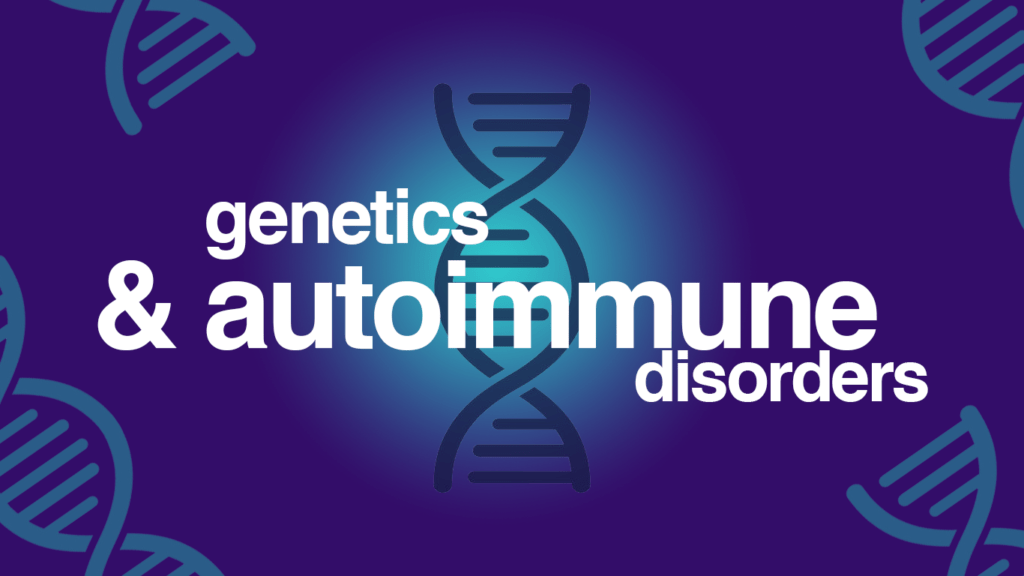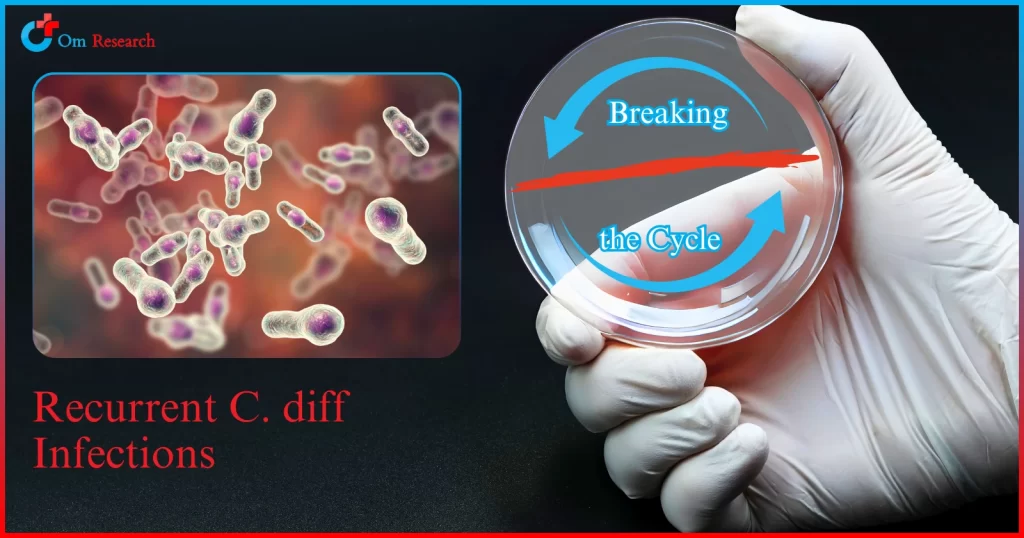Autoimmune disorders are conditions wherein one’s immune system attacks its own cells and can be rooted to a plethora of causes—most prominently genetics. Genetics is thought to be the blueprint of all living beings.
Cytokines are tiny protein deposits that are vital for cell signaling and communication. Cytokines play a role in autoimmune disorders through their role in signaling lymphocytes macrophages, which are blood cells responsible for fighting infection. When cytokines are stimulated to an area, this may cause inflammation and when not controlled, may spiral into autoimmunity.
With autoimmune disorders, one’s immune system thinks its own cells are foreign bodies that need to be fought off. This is when the immune response begins, and symptoms arise. Those with autoimmune disorders typically suffer from some form of swelling, pain, and fatigue.
Treatment for autoimmune disorders are not permanent cures but are used to alleviate symptoms. Medicine used for autoimmune disorders serves the purpose of either preventing the cytokines from signaling the immune response or by bringing down the inflammation caused by the response.
Om Research is conducting clinical studies in the potential treatment of some autoimmune disorders. If you’re interested in learning more about studies please fill out the form below or learn more on our Studies page.
https://www.hopkinsmedicine.org/health/wellness-and-prevention/what-are-common-symptoms-of-autoimmune-disease https://www.ncbi.nlm.nih.gov/pmc/articles/PMC4553122/ https://www.hopkinsmedicine.org/health/wellness-and-prevention/autoimmune-disease-why-is-my-immune-system-attacking-itself



